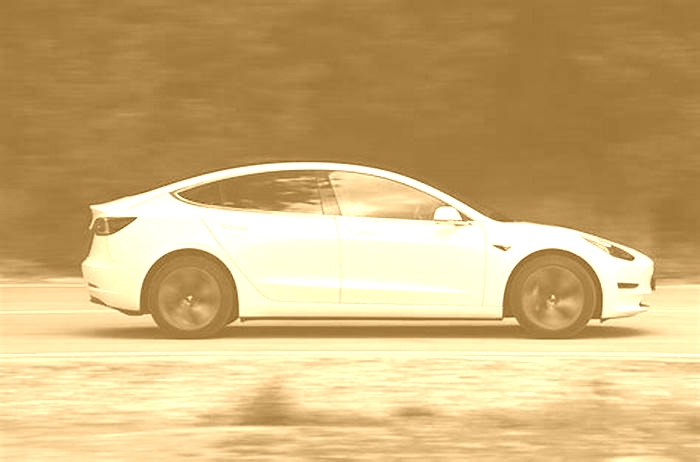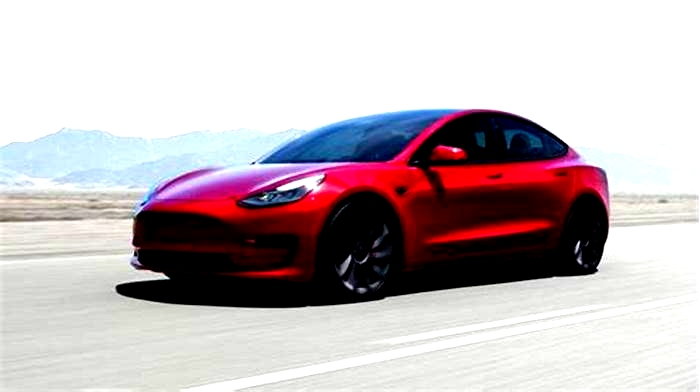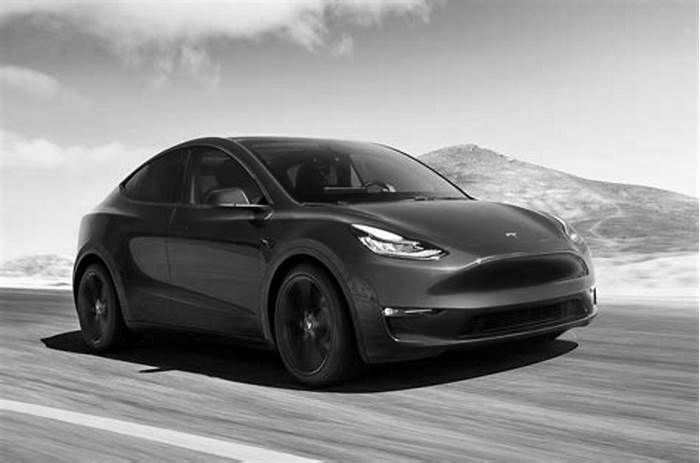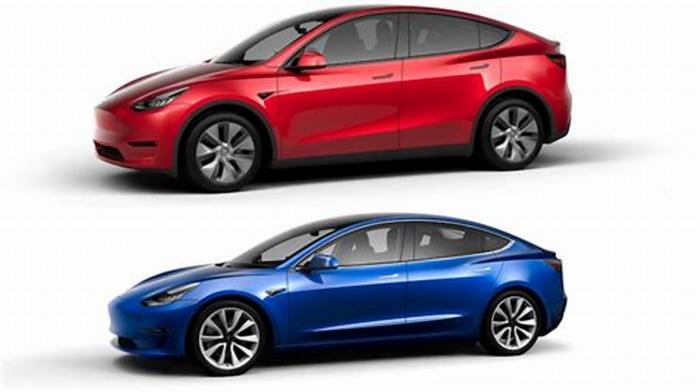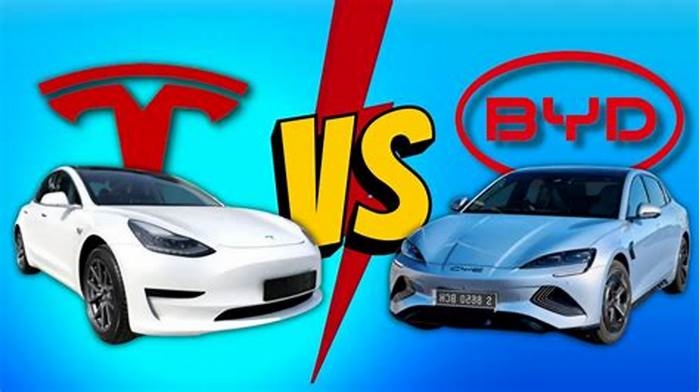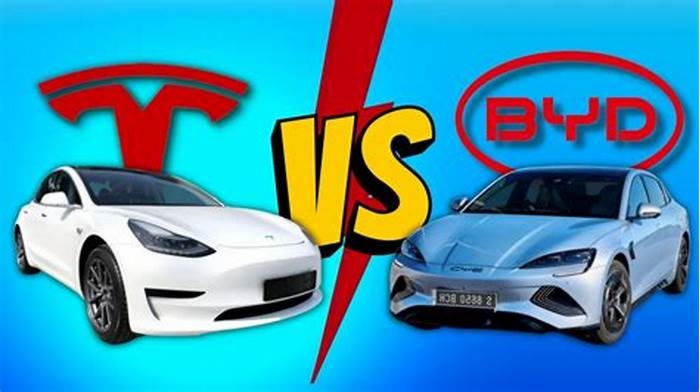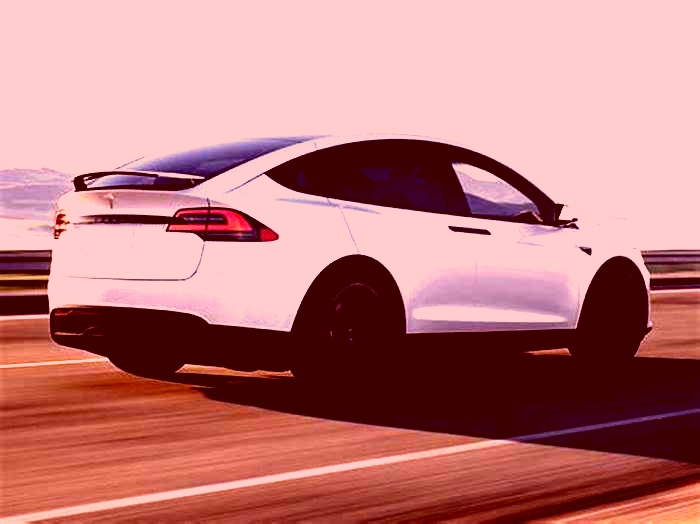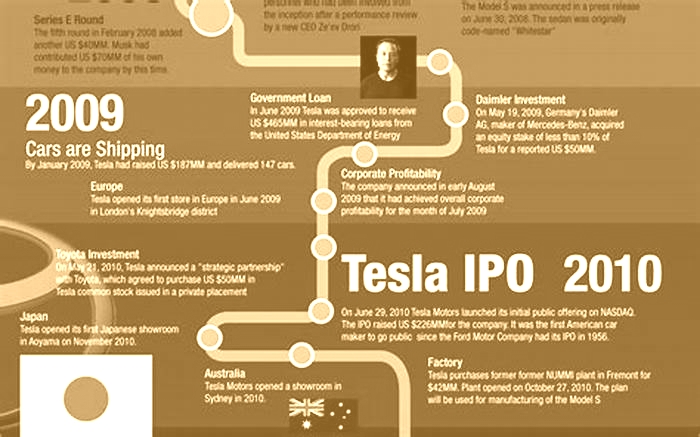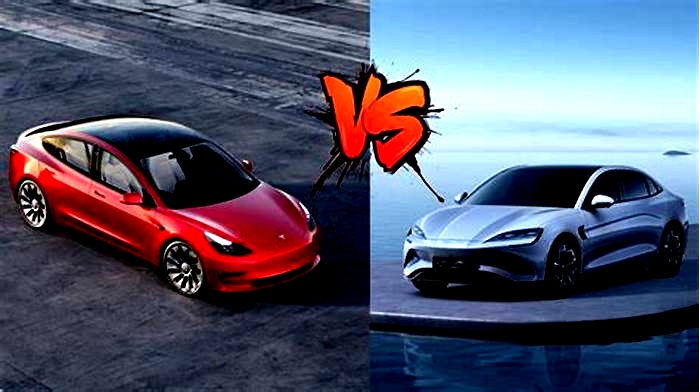How did BYD surpass Tesla
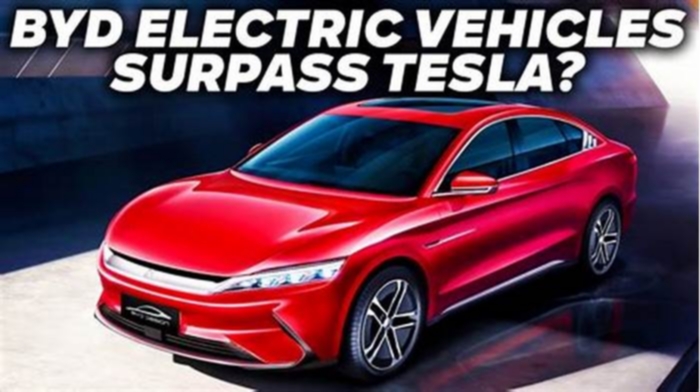
MakeUseOf
This is an exciting time for the electric vehicle market. Its one of the most rapidly growing industries in technology and design. Tesla has risen to the top of electric vehicle manufacturers in recent years because of its good looks and moderate price, with companies like Mercedes, Toyota, and Lucid trailing behind.
Since changing from a company that only made batteries to manufacturing full-scale electric vehicles, BYD has made a tremendous impact on the EV market. While discussing EV innovations, heres why BYD is a name youll want to remember.
From Battery Expert to Electric Vehicle Maker
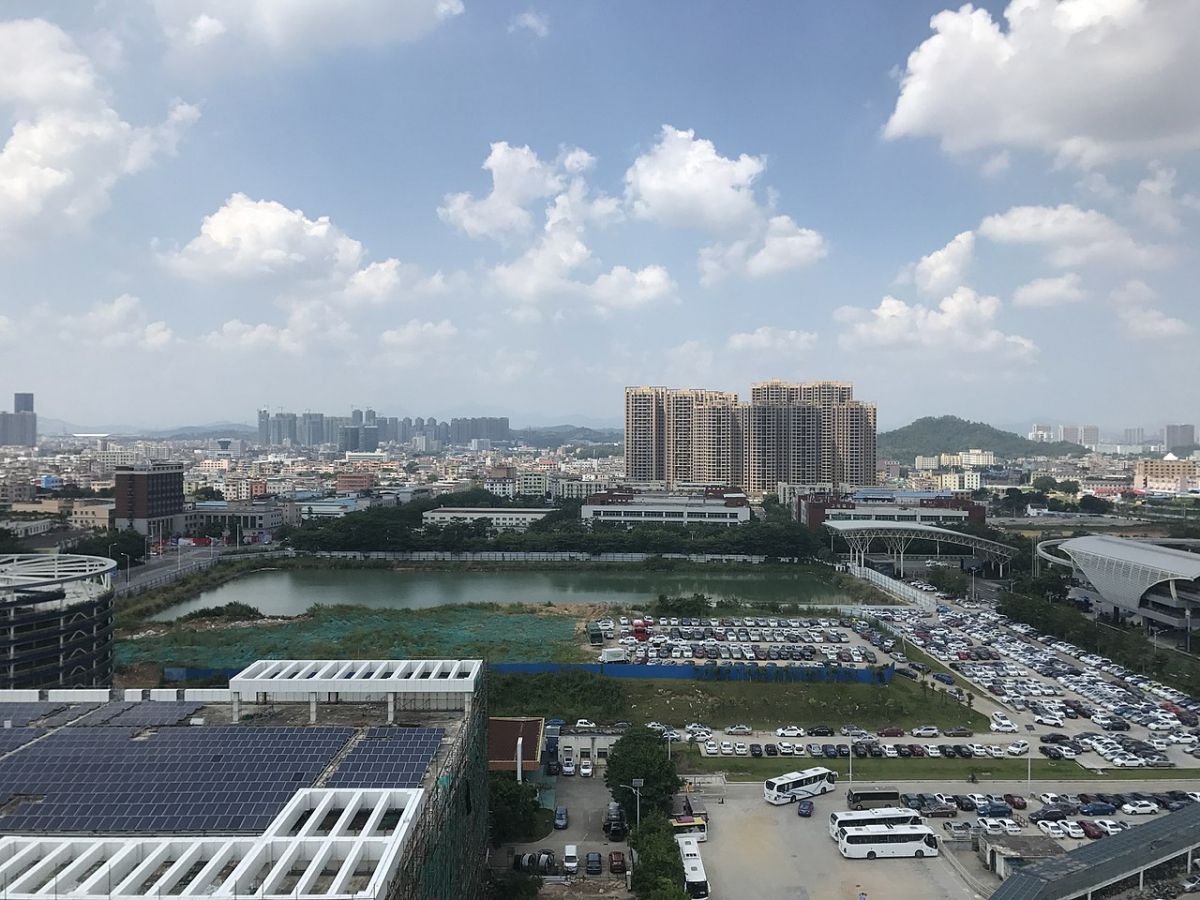
BYD (Build Your Dreams) is a Chinese company based in Shenzhen founded in 1995 by chemist, billionaire, and entrepreneur Wang Chuanfu. Chuanfu's goal was to compete with Japans rechargeable battery export market by creating his own company. This led to China taking much of the rechargeable battery market share away from Japan.
As a maker of rechargeable batteries, BYD became the largest supplier of batteries for mobile phones, which accounts for much of its revenue to this day.
Wang Chuanfu saw opportunities in electric vehicles, so he bought out Chinese automaker Tsinchuan Automobile Co Ltd, in 2002. He later bought more struggling automakers using already established factories making BYD the international company it is today.
Since starting out as a trailblazer in battery technology, BYD has created innovations that span multiple industries. According to its website, BYD has designed technologies for battery-electric cars, buses, trucks, forklifts, the SkyRail monorail system, solar power generation, energy storage, and consumer electronics.
Now considered among the largest electric vehicle manufacturer on the market and the fourth-largest battery manufacturer, BYDs ambitious dreams are being realized. The company is currently valued at 950.77 billion Hong Kong dollars or 121.16 billion U.S. dollars. Internationally, its dominance has expanded beyond the Chinese market.
Billionaire Warren Buffett has been one of its largest investors since 2008, owning 7.73% of the company. Despite being relatively new to selling cars, it plans to sell vehicles in numerous countries in the coming years, notably in Australia, Europe, and North America.
BYDs Innovations
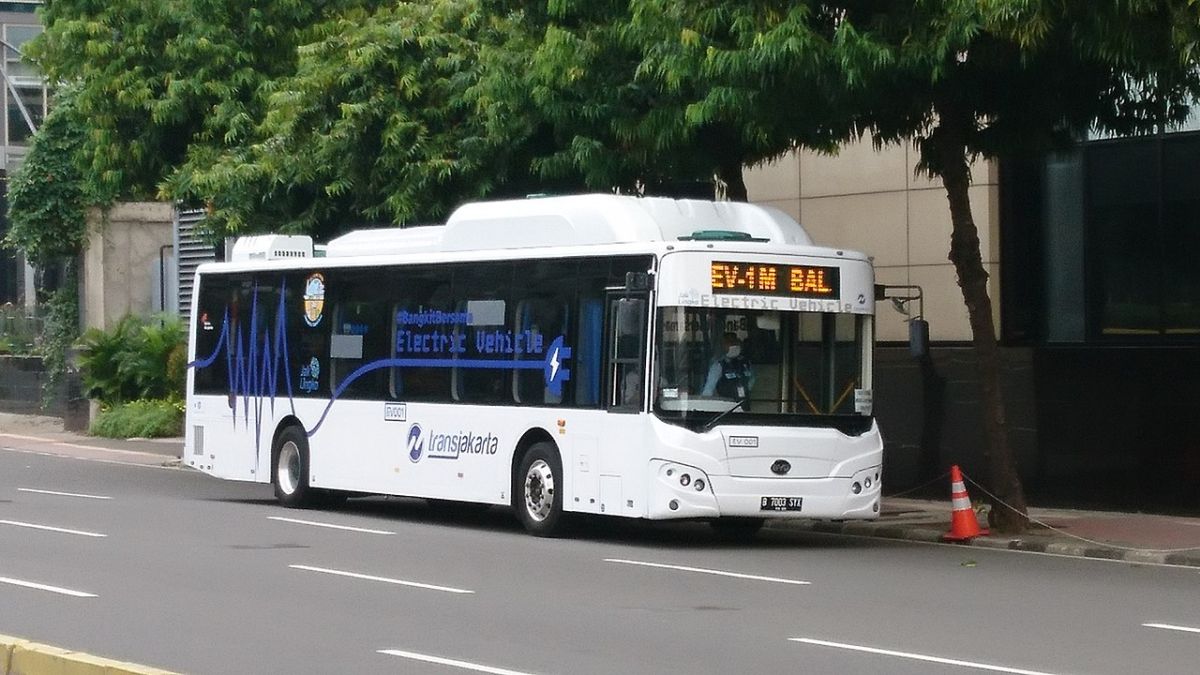
Besides Tesla, there are many electric vehicle companies breaking new ground. BYD is one of China's top car manufacturers. It sold over 640,000 new energy passenger cars in the first half of the year, an increase of 300% from last year. This surpasses Teslas first-half sales by 76,000. A key factor in BYD's success is its patent portfolio. With 9,426 patents, it ranks first among the top 20 Chinese companies in the field of new energy.
With over 21,000 granted patents across four battery business sectors in electronics, automobiles, and rail transportation, BYD is a world leader in battery innovation. For the advancement of battery technology, it is ranked first in the number of R&D personnel compared to other Chinese companies.
Strong scientific research is vital to brand development and the new energy market. BYD has opened the industry doors and become a major contributor with its advanced technology.
A key move for BYD in the supply chain is the separation of its battery business and distribution to more Original Equipment Manufacturers (OEMs), joining forces with the likes of Mercedes, and Toyota. This will allow its technology to reach a global market.
BYD's Big Three Offerings
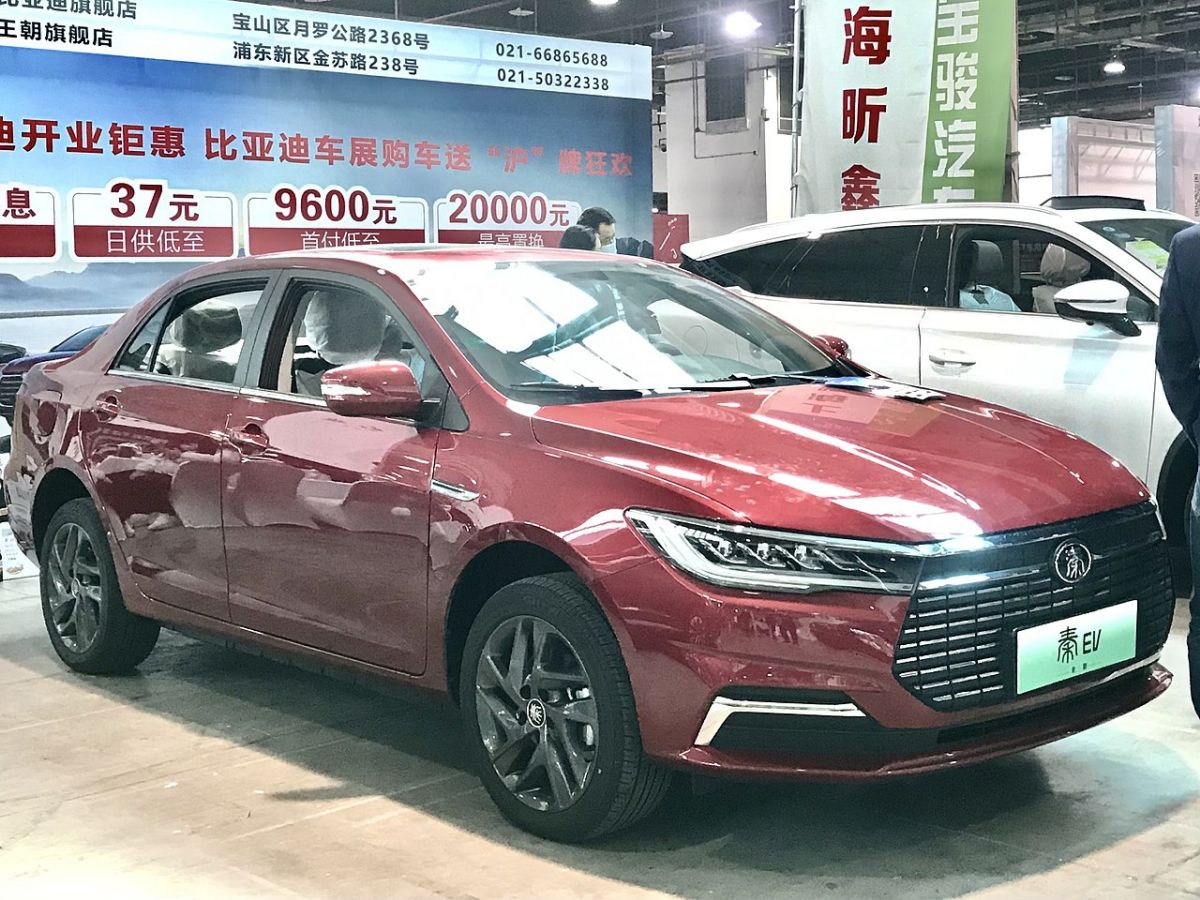
When BYD introduced the big three in 2021, the EV market took a major leap forward. These are the DM-I super hybrid, its E- platform, and the blade battery.
The DM-I Super hybrid gets 3.8 KPG per 100 kilometers. This is an excellent starting point for the future development of hybrid vehicles. As the DM-I super-hybrid technology is improved, fuel consumption will be reduced and cost performance will be increased.
Its E-platform 3.0 has played an important role in the transition from pure electrification to more intelligence. On its website, BYD states that it will promote intelligence, efficiency, and safety in future electric vehicles.
BYD currently manufactures 80-gigawatt hours of batteries for electric vehicles, about 10% of the world's capacity. It is predicted to reach 185-gigawatt hours by 2025. It's no wonder that its blade battery has had the greatest impact on the EV market.
The Incredible Blade Battery
The Blade Battery is a revolutionary piece of technology in terms of safety. When considering buying an electric vehicle there are things you should know about EV batteries. Longevity and safety are two major factors that really matter. BYDs blade battery outperforms the competition, being the only one to pass an exhaustive acupuncture test and completely eliminating spontaneous battery combustion in electric vehicles going forward.
Since its development, the cobalt-free battery has greatly increased in energy density, making it a perfect balance between performance and cost efficiency. The Blades cells have a lifespan of 1.2 million kilometers or 3,000 charging cycles, making it an excellent choice for long-term use.
Due to ergonomic Blade battery design choices, BYD engineers have managed to decrease the overall cubic volume of the battery installation by 50% providing more space for vehicle storage and other auxiliary design features.
BYD's Big Plans for the Rest of the World
In addition to its electric buses already being sold in Europe, India, and Japan, BYD plans to sell cars in Australia, Latin America, and Southeast Asia. In a recent deal with Louwman, it's currently preparing for its European launch. Tesla's new Model Y will also be equipped with the new Blade battery. BYD has made such strides because of its willingness to give dealers more profits than its competitors.
The Chinese are known for producing products at lower prices. Using the same approach and a well-established reputation in the mainstream EV market, its cheapest car costs only $15,000, compared to $30,000 for the Model 3.
A Name to Remember
Tesla has been on top of the electric vehicle market for some time now with other carmakers trying to catch up. Despite its lack of recognition in comparison to Tesla, Mercedes, Honda, and Toyota, top executives in the EV industry know this will change very soon.
In the coming years, as electric vehicles become even more commonplace, popular brands will find themselves trying to keep up with a new King. With patience and continued miracles from its deep technical reserves, BYD is already in the position to become a major global player in the electric vehicle market.
Chinas BYD overtakes Tesla as top-selling electric car seller
Elon Musks Tesla has been overtaken by its Chinese rival, BYD, as the worlds top selling electric carmaker.
BYD, which has been backed by the US investment billionaire Warren Buffett since 2008, has beaten Teslas production for a second consecutive year.
BYD, which stands for Build Your Dreams, said it produced 3.02m new energy vehicles in 2023. The American multinational Tesla announced on Tuesday that it made 1.84m cars. However, BYDs sales figures include 1.6m battery-only cars, and 1.4m hybrids, which means Tesla is still the leader in the production of electric battery-only cars.
Nevertheless, in the final quarter of last year BYD outsold Tesla in battery-only cars 526,000 to 484,000 for the first time.
Most of BYDs vehicles sell at a lower price point than Tesla, which derives about 20% of its sales from the Chinese market.
Chinese electric carmakers such as BYD and Nio have set their sights on becoming major players in international markets, with a particular focus on Europe. In December, BYD, which sells five models in Europe and has plans to launch three more this year, announced plans to build a new factory in Hungary. Last year, the company said it did not consider building its first European factory in the UK because of the impact of Brexit. BYD said the UK had not even made a top 10 list of possible locations to build its first European car plant.
Chinas top-selling electric carmaker is targeting sales of about 800,000 cars annually in Europe by 2030. However, these goals could be under threat after the European Commission launched an anti-subsidy investigation last September into Chinese electric vehicle imports.
Commenting on the decision at the time, the European Commission president, Ursula von der Leyen, said that Chinese electric vehicles were now flooding global markets and were being kept artificially low by state subsidies.
The investigation, which is expected to last a year, could result in the EU imposing punitive tariffs on Chinese vehicles.
The Hong Kong-listed BYD, which was founded by a former university professor, Wang Chuanfu, and began developing batteries in 1995, intends to become a global powerhouse in the electric vehicle market.
Tesla, which is led by Musk, said last month it was recalling just over 2m vehicles in the US fitted with its Autopilot advanced driver-assistance system to install new safeguards
One of the advantages BYD has over its US and European counterparts is its ability to manufacture electric vehicle batteries in-house.
Susannah Streeter, head of money and markets at the investment platform Hargreaves Lansdown, said: While its the worlds leading supplier of rechargeable batteries, Tesla relies on several suppliers and has flagged shortages of lithium as demand ratchets up as a supply chain obstacle in the years to come.
BYD is already making moves to secure the precious metal by buying a stake in a Chinese lithium producer. Its had its eye on purchasing mines in Africa and is scouting assets in South America, where the metal is mined.
The emergence of China as the top-selling electric vehicle producer comes at a significant time: the start of a presidential election year in the US.
China-US relations, particularly around trade, are likely to be a key part of the campaign for the presidency, which looks likely to be fought between Joe Biden and Donald Trump.
Last month, the Biden administration brought in new protectionist measures for its EV market by blocking full subsidies through his Inflation Reduction Act to EV companies with significant Chinese links. US-manufactured electric vehicles that include Chinese-made battery components would also be blocked from accessing full subsidies.
The Wall Street Journal also reported just before Christmas that the US government was looking at raising tariffs on some Chinese goods, including electric vehicles, to bolster the US clean energy sector. This would be on top of the 25% tariffs on vehicles imported from China, which were brought in under Trumps presidency, and extended under the Biden administration.
The US is looking to take action in other areas where it has security concerns about Chinas manufacturing capabilities.
On Monday it was reported that the Biden administration had put pressure on the Dutch government to block the shipments of hi-tech chip-making machinery to China by one of its key technology companies.
ASML, a leading supplier to the semiconductor industry, confirmed that the government had partially revoked its licence to export three chip-making lithography machines to China.
Bloomberg reported that the decision came after US officials had requested the move in an attempt to restrict the growth in Chinas semiconductor manufacturing capabilities.
The Straits Times
HONG KONG - Chinas BYD bills itself as the biggest car brand youve never heard of. It might need a different tagline soon.
The automaker is poised to surpass Tesla as the new worldwide leader in fully electric vehicle (EV) sales. When it does likely in the current quarter it will be both a symbolic turning point for the EV market and further confirmation of Chinas growing clout in the global automotive industry.
In a sector still dominated by more familiar names such as Toyota Motor, Volkswagen and General Motors, Chinese manufacturers including BYD and SAIC Motor are making serious inroads. After leapfrogging the United States, South Korea and Germany over the past few years, China now rivals Japan for the global lead in passenger car exports. Some 1.3 million of the 3.6 million vehicles shipped from the mainland as at October this year were electric.
The competitive landscape of the auto industry has changed, said Bridget McCarthy, head of China operations for Shenzhen-based hedge fund Snow Bull Capital, which has invested in both BYD and Tesla. Its no longer about the size and legacy of auto companies; its about the speed at which they can innovate and iterate. BYD began preparing long ago to be able to do this faster than anyone thought possible, and now the rest of the industry has to race to catch up.
The passing of the EV sales crown also reflects the shift in competitive dynamics between Teslas Elon Musk, the worlds richest executive, and BYDs billionaire founder Wang Chuanfu.
Whereas Mr Musk has been warning that not enough consumers can afford his EVs with such high interest rates, Mr Wang is firmly on the offensive. His company offers half a dozen higher-volume models that cost much less than what Tesla charges for its cheapest Model 3 sedan in China.
When a Tesla owners club shared a clip in May of Mr Musk snickering at BYDs cars during a 2011 appearance on Bloomberg Television, Musk wrote back that BYDs vehicles are highly competitive these days.
The likely change in the global EV pecking order marks the realisation of a goal that Mr Wang, 57, set back when China was just starting to foster its now world-beating electric car industry. While BYD continues to pull away from Tesla and all other auto brands at home, replicating its runaway success abroad is proving tricky.
Europe looks poised to join the US in slapping Chinese car imports with higher tariffs to shield thousands of manufacturing jobs. Other countries EV markets are still in their infancy and are not nearly as lucrative. Management views the US as virtually off-limits due to the escalating trade tensions between Washington and Beijing.
Mr Wang is no Musk he eschews social media and largely steers clear of the limelight. But in an uncharacteristically brash address delivered weeks before the European Union opened an investigation into how China has subsidised its EV industry, Mr Wang declared the time had come for Chinese brands to demolish the old legends of the auto world.
While many car buyers outside of China are still only dimly aware of BYD, Warren Buffett surely is not. In 2008, Berkshire Hathaway invested about US$230 million (S$304 million) for an almost 10 per cent stake in the Chinese automaker. When Berkshire started paring its holding last year BYD shares were trading near their all-time high the value of its stake had soared roughly 35-fold to around US$8 billion.
In 2016, the company hired Wolfgang Egger as design chief, a role he previously played for Audi and Alfa Romeo. It also lured away other international executives, including Ferraris head of exterior design and a top interior designer for Mercedes-Benz.
By the time China invited Tesla to build the countrys first car plant fully owned by a foreign entity, BYD was no longer resigned to making no-frills econoboxes. Now, its most expensive model the Yangwang U8 sport utility vehicle costs 1.09 million yuan (S$203,700).

